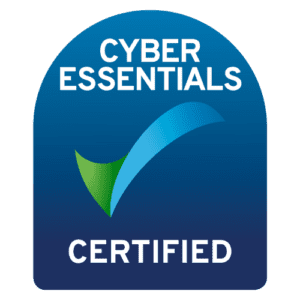In today’s digital world, APIs are becoming increasingly important for businesses to stay competitive. APIs allow businesses to quickly and easily access data and services from other companies, allowing them to create new products and services. However, with the increased use of APIs comes the need to ensure that they are secure.
API security is essential for protecting sensitive data and preventing malicious attacks. Here are some tips for securing your APIs:
- Use authentication and authorisation: Authentication and authorisation are two of the most important aspects of API security. Authentication is the process of verifying the identity of a user, while authorisation is the process of granting access to certain resources. By implementing authentication and authorisation, you can ensure that only authorised users can access your APIs.
- Implement rate limiting: Rate limiting is a technique used to limit the number of requests that can be made to an API in a given period of time. This helps to prevent malicious actors from overwhelming your API with requests and can help protect against denial of service attacks.
- Use encryption: Encryption is a key component of API security. By encrypting data, you can ensure that it is secure and can’t be accessed by unauthorised users.
- Monitor API usage: Monitoring API usage can help you identify any suspicious activity and take action to prevent it. You can use tools such as API analytics to monitor API usage and detect any potential security threats.
- Use secure coding practices: Secure coding practices are essential for ensuring that your APIs are secure. This includes using secure coding frameworks, such as OWASP, and following best practices for coding.
By following these tips, you can ensure that your APIs are secure and protected from malicious attacks. Implementing these security measures can help you protect your data and ensure that your APIs are safe and secure.
Categories Security
